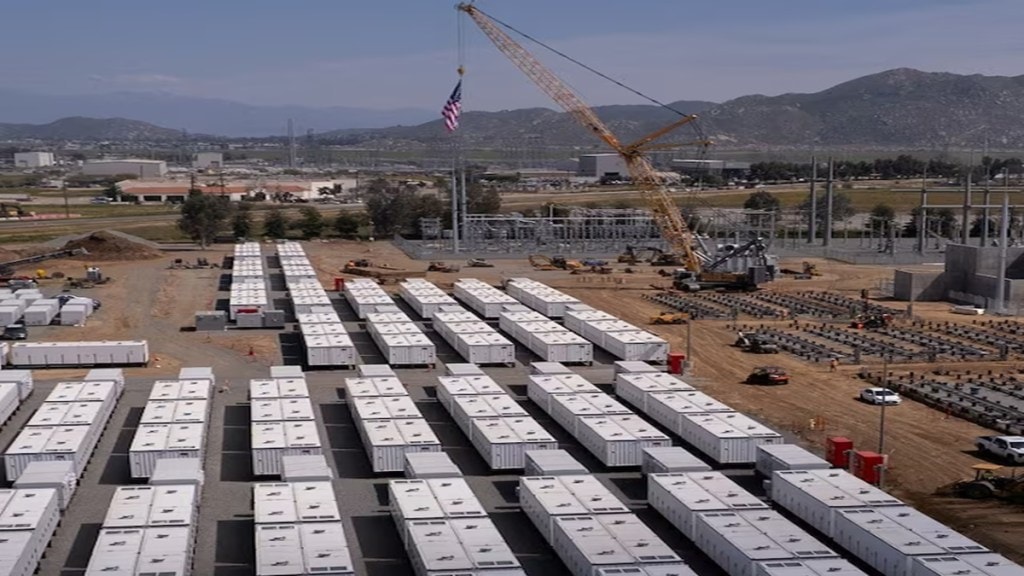As much as 12.5 gigawatt (GW) of Battery Energy Storage System projects are under the tendering process and another 3.3 GW is in the pipeline, Central Electricity Authority Chairperson Ghanshyam Prasad said on Wednesday.
As India accelerates its shift from fossil fuels to green energy and targets increased renewable power generation, building a robust energy storage ecosystem has become critical to mitigate the intermittency issues related to renewable energy generation.
“We have roughly around 3,300 megawatt (MW) capacity in the pipeline, culminating to 8,500 megawatt hour (MWh)…expected in the next two years. Another thing which is in the tender stage, roughly around 12,500 megawatt…roughly 42,000 MWh capacity is under the tender stage,” Prasad said during the ongoing India Energy Storage Week.
He further added that the country’s current BESS capacity “looks very meagre” at around 205 MW translating to 506 megawatt hour only.
This year, the government is targeting around 3 GW of hydro pumped storage project (PSP) capacity in the country, with targets to increase it to 50 GW in the years to come, Prasad said.
The country added over 341 MWh of battery energy storage capacity in 2024, a more than sixfold increase from 51 MWh added in 2023, as per data from Mercom India. As per the data, the country’s cumulative battery energy storage capacity stood at 442 MWh as of December 2024.
The strong policy support, including viability gap funding and energy storage obligations, is helping accelerate the adoption of energy storage across the country, Mercom said.
Karnataka, Chhattisgarh, and Gujarat emerged as the top three states in cumulative installed energy storage capacity with 36%, 27%, and 17% share respectively.
As of December 2024, the country had nearly 4 GWh of standalone battery storage, over 4 GW of solar-plus-storage and more than 16 GW of renewable energy-plus-storage projects in various stages of development, according to the data provided by Mercom.
In addition to this, over 51 GW of pumped storage was in the pipeline, of which over 37 GW was in the survey and investigation phase, and over 14 GW was under active development.
Various government agencies issued energy storage tenders totaling nearly 27 GW in 2024 and auctioned approximately 17 GW of projects, with or without associated renewable energy capacity.

